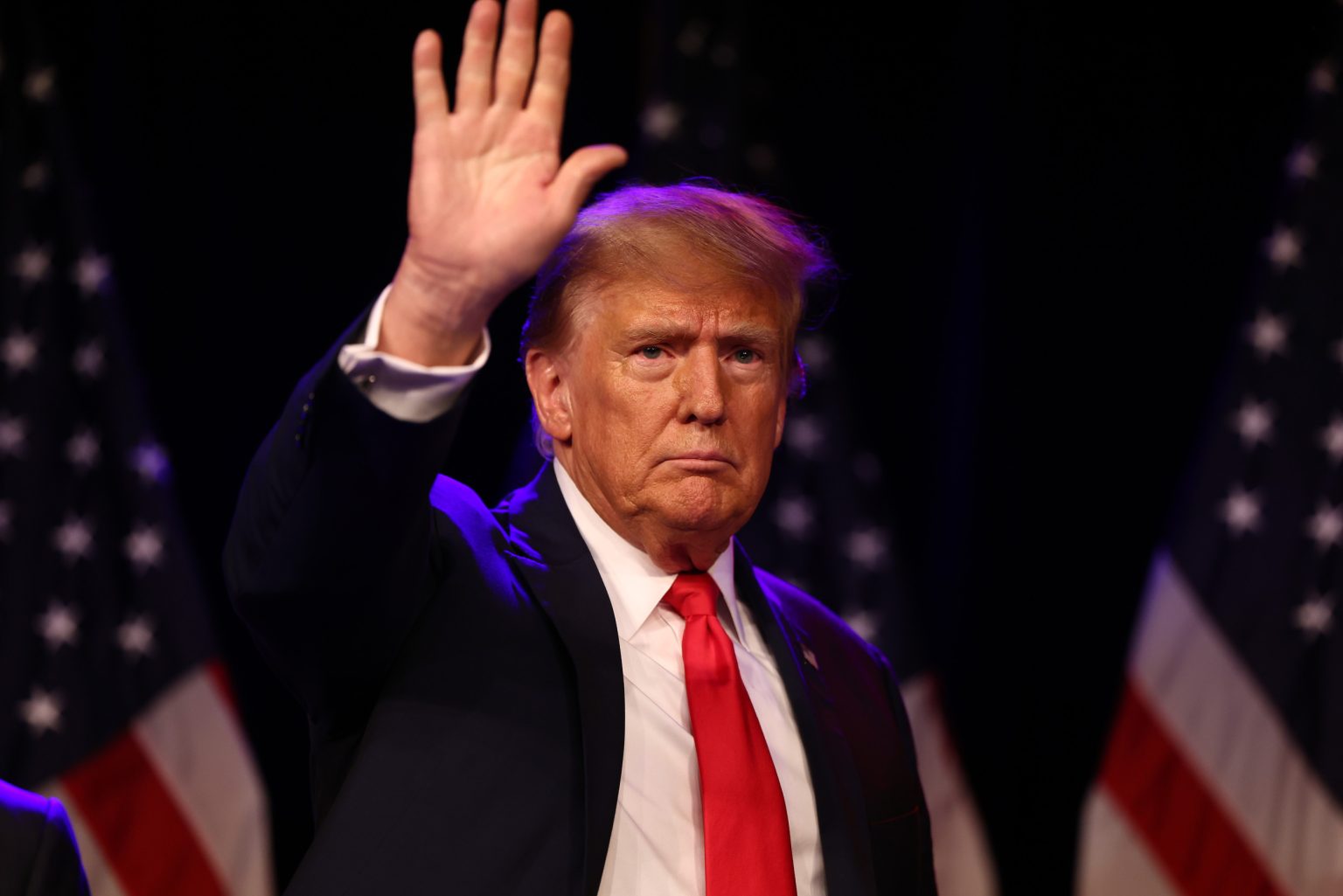Jon Taffer, the host of Bar Rescue, recently expressed approval of former President Donald Trump’s proposal to remove taxes on tipped income within the food industry. Trump had announced at a rally in Las Vegas that if he were to win the presidency again, he would prioritize waiving taxes on tips. Taffer voiced his excitement for this policy change, highlighting the benefits it would bring to employees in the industry, as well as customers who would appreciate knowing that their tips were going directly to the employees.
While Taffer and some others see Trump’s proposal as a positive move, others have been more skeptical. Investor Kevin O’Leary of Shark Tank fame suggested that the policy might be more politically advantageous than economically beneficial. He viewed it as a way to gain votes, particularly in states where Trump might face challenges in winning. Additionally, some experts have raised concerns about the potential impact on government tax revenue, estimating that exempting all tip income from federal taxes could result in a loss of $150 to $250 billion over a decade.
Despite the criticisms from some quarters, Trump has continued to campaign on the issue, emphasizing the elimination of taxes on tips as a key selling point for his candidacy. He has urged supporters to spread the word and emphasize the benefits of his proposed policy. This focus on taxes on tipped income has become a central theme in Trump’s campaign messaging, particularly in states crucial to his election prospects. The policy has garnered attention from both supporters and critics, sparking debates about its potential impact on the economy and government revenue.
The proposal to remove taxes on tipped income has generated mixed reactions within the food industry and among experts. While Jon Taffer and others see it as a positive step that could benefit employees and customers, critics like Kevin O’Leary question its economic impact and view it as a strategic political move. The nonpartisan Committee for a Responsible Federal Budget has also raised concerns about the potential loss in tax revenue resulting from the policy change. Despite the uncertainties and debates surrounding the proposal, Trump has continued to champion it as a key component of his campaign platform, highlighting its appeal to voters.
As the debate over taxes on tipped income continues, the implications of Trump’s proposal remain a topic of discussion among industry insiders, experts, and the general public. The potential effects on employees, customers, tax revenue, and the overall economy have raised questions about the feasibility and impact of the policy. While supporters like Jon Taffer see it as a welcome change that could benefit those working in the food industry, critics and experts have expressed reservations about its broader implications and its role as a political maneuver. Ultimately, the fate of Trump’s proposal to remove taxes on tips remains uncertain, with its impact on the economy and government revenues subject to further analysis and debate.


